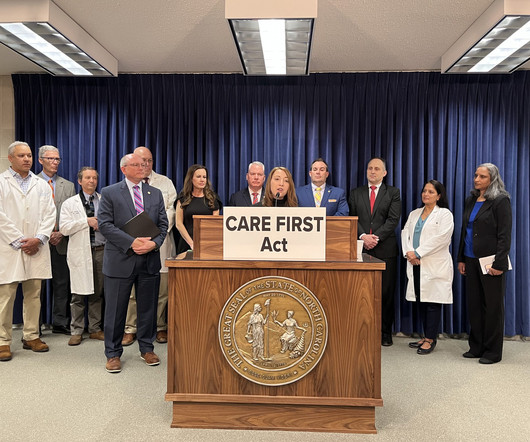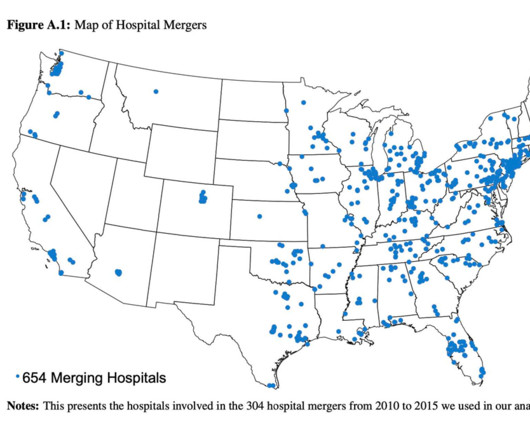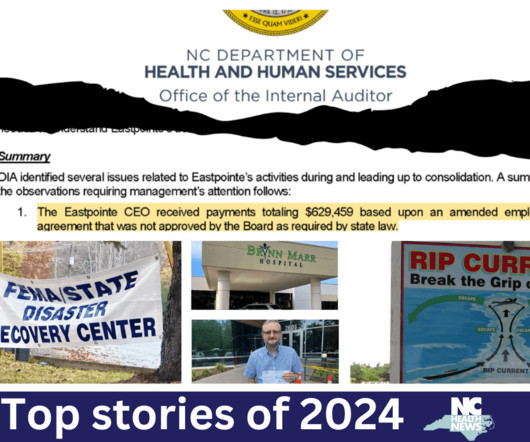Legislative battle continues over how to address health care costs in North Carolina
NC Health News
APRIL 4, 2025
He was diagnosed with severe Crohns disease Isaacs immune system had decided that his own intestines were an enemy. Isaacs immune system was on high alert and could continue to attack his intestines. She spent hours on the phone between the company, pharmacy and the physician. Hes now 10 years old and back to playing soccer, she said.












Let's personalize your content